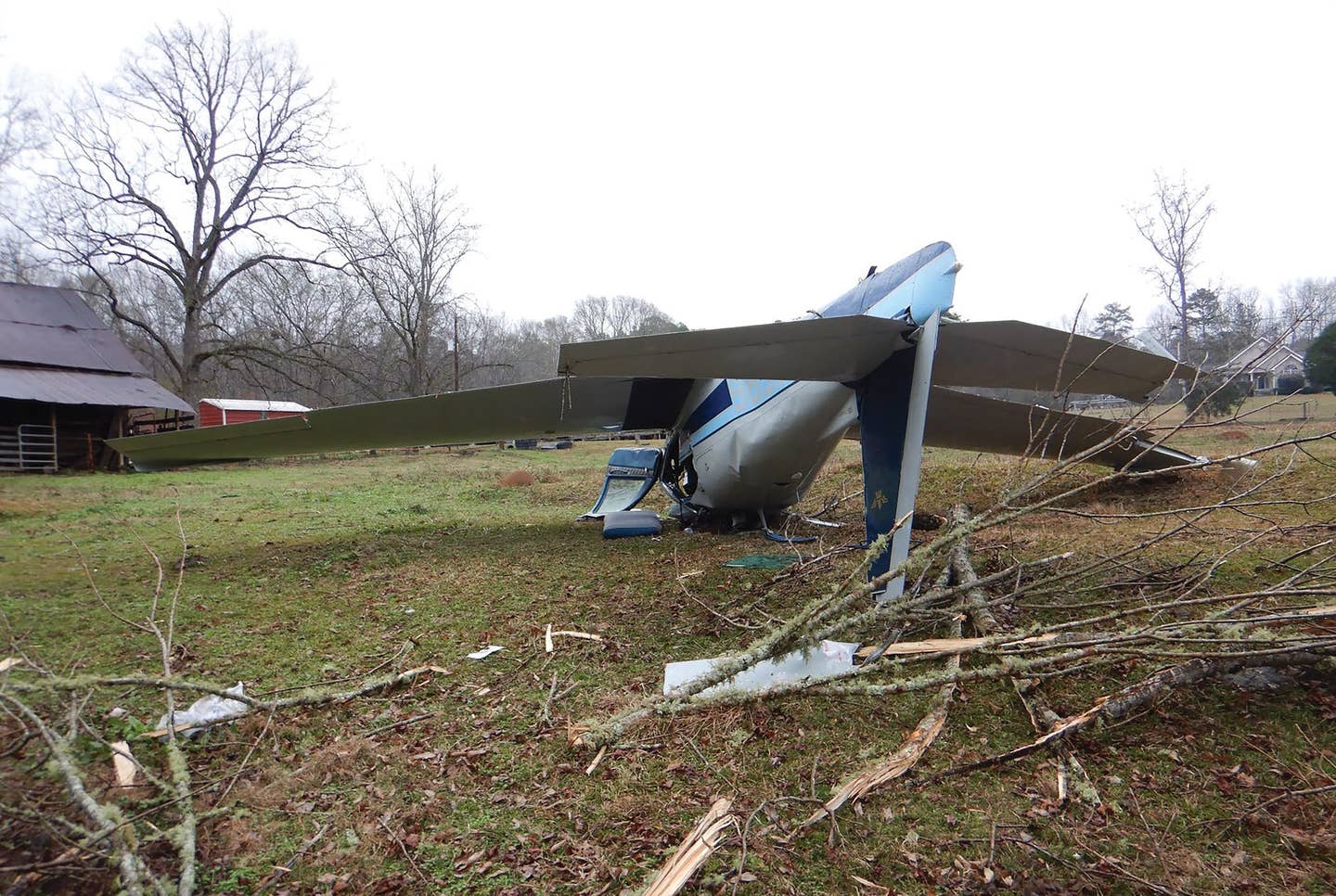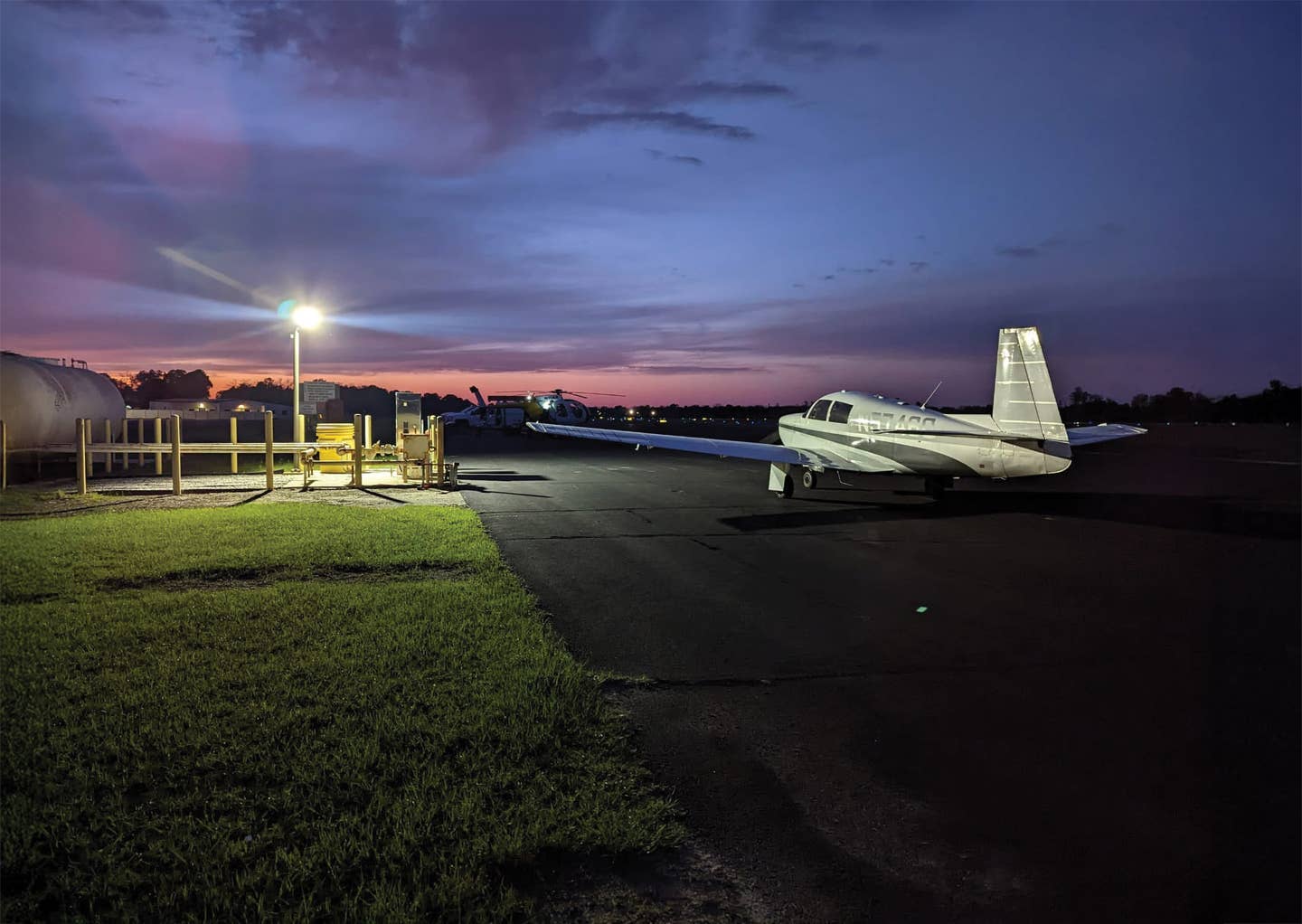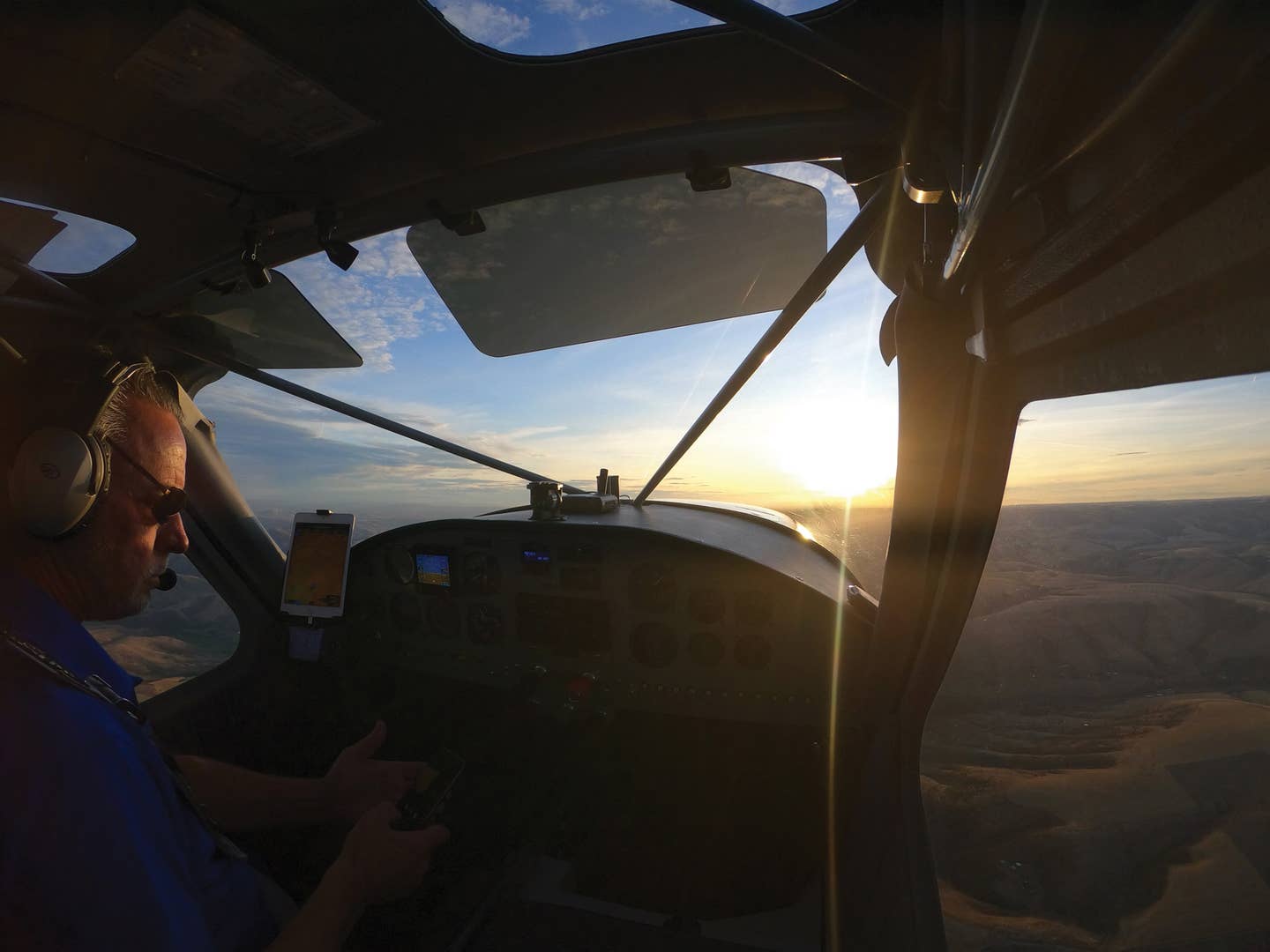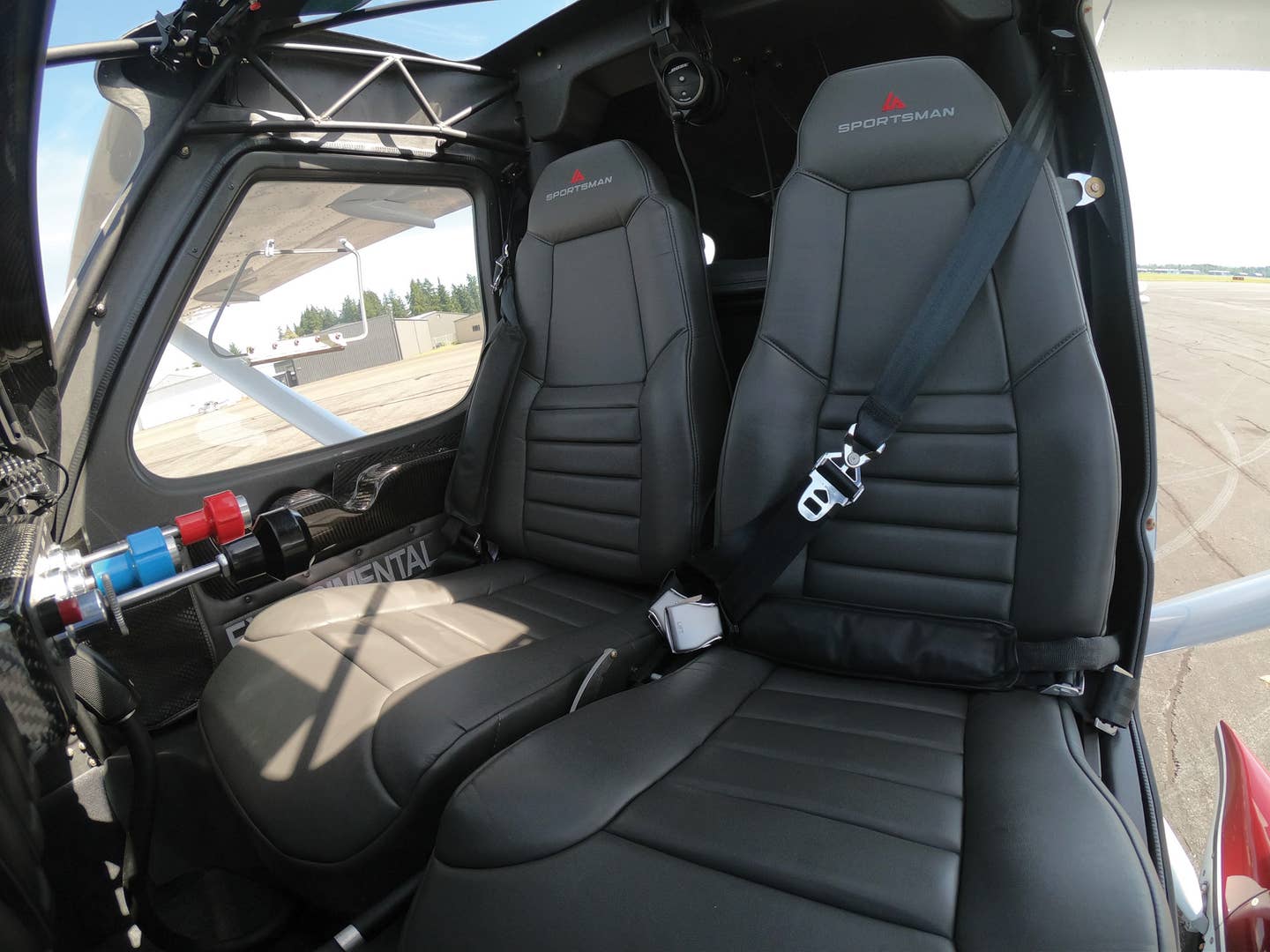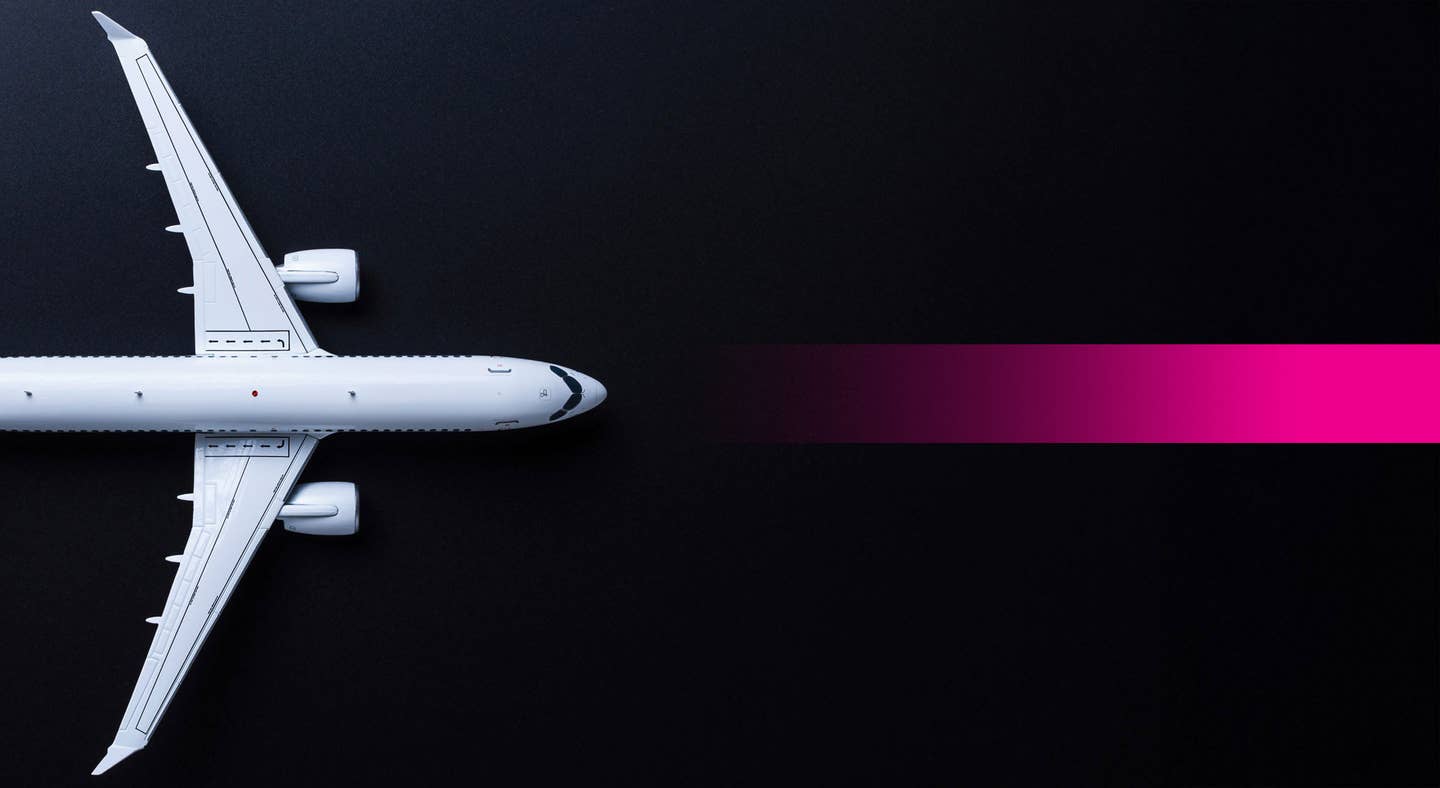5 Things: Why Southwest Pilot‘s Radio Calls Will Make You Proud
Captain Tammie Jo Shults Displayed Five Behaviors of Pilots Who Persevere
Are you an aviation enthusiast or pilot?Sign up for our newsletter, full of tips, reviews and much more!
Tammie Jo Shults, the Southwest Airlines pilot who masterfully handled the Boeing 737-700 that experienced an uncontained engine failure demonstrated a number of behaviors that we'd all be well advised to learn from.
The accident happened aboard a 737-700 when Engine One experienced an uncontained engine failure, meaning the parts that broke went through the exterior shell of the engine. One passenger died after she was partially sucked out of the window that broke when it was hit by engine parts.
Shults is no rookie pilot. A former Naval Aviator who flew F/A-18s, Shults has been dealing with high-stakes decision making for decades. Still, her calm under pressure was the epitome of professionalism. But more than that, her processes were brilliant. Here's what Captain Shults did that we'd all be smart to learn from.
- Tell the truth. As soon as you know there's an emergency, say it. As soon as you know you need to divert, ask for it. Don't make ATC read your mind or guess what you really need. Tell them.
- Ask for help: As soon as Shults made the radio call alerting ATC of the emergency she started shedding workload. She asked for the easiest routing to the best alternate and asked for ATC to stop changing frequencies. The fewer distractions the better.
- Focus on what matters right now. Even when Shults became aware that there were injuries among the passengers---she actually thought a passenger had departed the airplane through the hole in the fuselage---she focused on what she needed to do. Get the airplane to the nearest and best runway.
- Make sure the response is appropriate. She asked for the fire trucks, ambulances, priority handling and to get stopped where it was safest and best (next to the fire trucks)
- Work with ATC but make sure they're doing their job: Shults asked for help early and often, but she provided ATC with the info they asked for, even after they rather boneheadedly required her to give them fuel in pounds instead of gallons, which she'd already provided. Who cares and don't make the crew do math!
Shult's performance has been described as heroic, professional, and cool headed. But in the end her flying was what we should all aim for. She didn't do anything other than all the right things, none of which required heroic actions but all of which help contribute to the best possible outcome in the face of terrible tragedy.
Here's the ATC recording of the radio calls between SWA Flight 1380 and ATC. It's a must listen.

Subscribe to Our Newsletter
Get the latest Plane & Pilot Magazine stories delivered directly to your inbox

